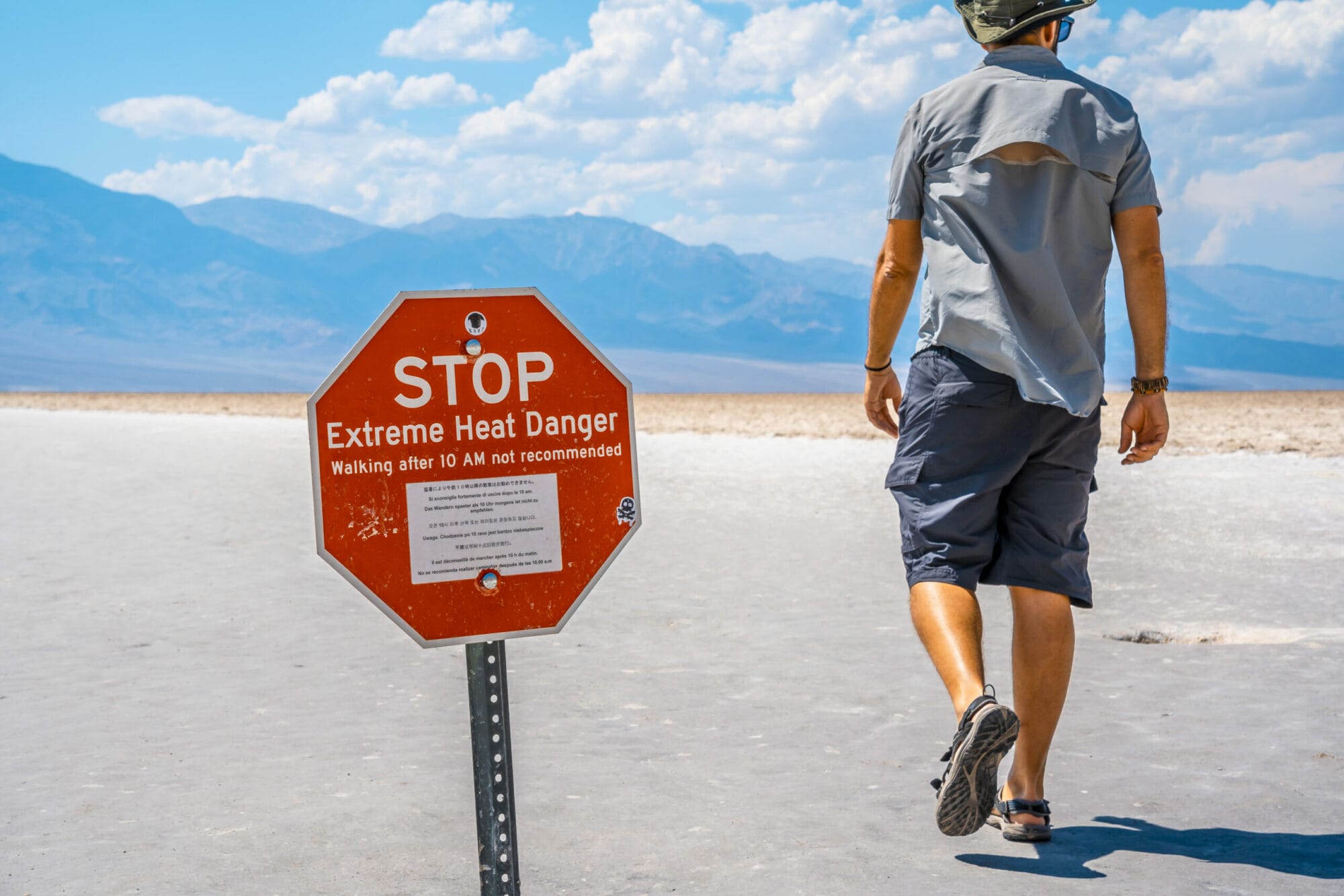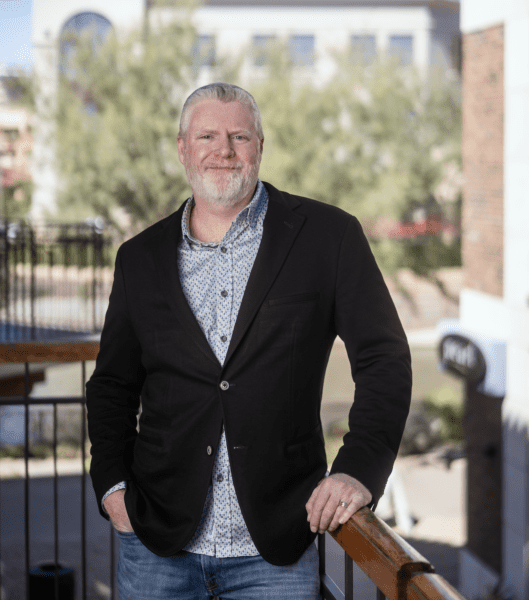Guest Essay |Tom Zoellner
The New York Times
This summer, when the temperature hit 110 degrees Fahrenheit or above in Phoenix for 31 straight days, many were fretting about the Southwest’s prospects in the age of climate change. A writer for The Atlantic asked, “When Will the Southwest Become Unlivable?” Bloomberg wondered, “How Long Can We Keep Living in Hotboxes Like Phoenix?”
The foregone conclusion seemed to be that the region was heading for a crash — destined to become an overpopulated, unlivable dead zone, plagued by ranch foreclosures, unemployment, water wars and heat deaths.
As a writer who has studied the Southwest’s history and spoken to some of its top environmental experts this year, I see its future differently — not as a hellscape but as an opportunity for centuries of climate ingenuity and adaptation to be put to good use. For generations, the people who were determined to come here have found ways to cope and even thrive.
The Hohokam people dug extensive networks of canals along the Salt River, while the science-minded Hopi up north grew corn in the arid lowlands. A later generation of Americans built a chain of megadams on the Colorado and other rivers to create a dependable supply of water for households and crops. My great-great-grandmother used to dip bedsheets into a canal and hang them on the sides of the porch of her Phoenix boardinghouse to create a primitive cooling system for sleeping outside in the hottest months.
While our era of shrinking water resources and rising temperatures will undoubtedly test Southwestern states, the question is not when will this region become unlivable. It is: Are we willing to make certain adjustments to live on a new hotter and drier frontier?
A changing climate, a changing world
Climate change around the world: In “Postcards From a World on Fire,” 193 stories from individual countries show how climate change is reshaping reality everywhere, from dying coral reefs in Fiji to disappearing oases in Morocco and far, far beyond.
The role of our leaders: Writing at the end of 2020, Al Gore, the 45th vice president of the United States, found reasons for optimism in the Biden presidency, a feeling perhaps borne out by the passing of major climate legislation. That doesn’t mean there haven’t been criticisms. For example, Charles Harvey and Kurt House argue that subsidies for climate capture technology will ultimately be a waste.












